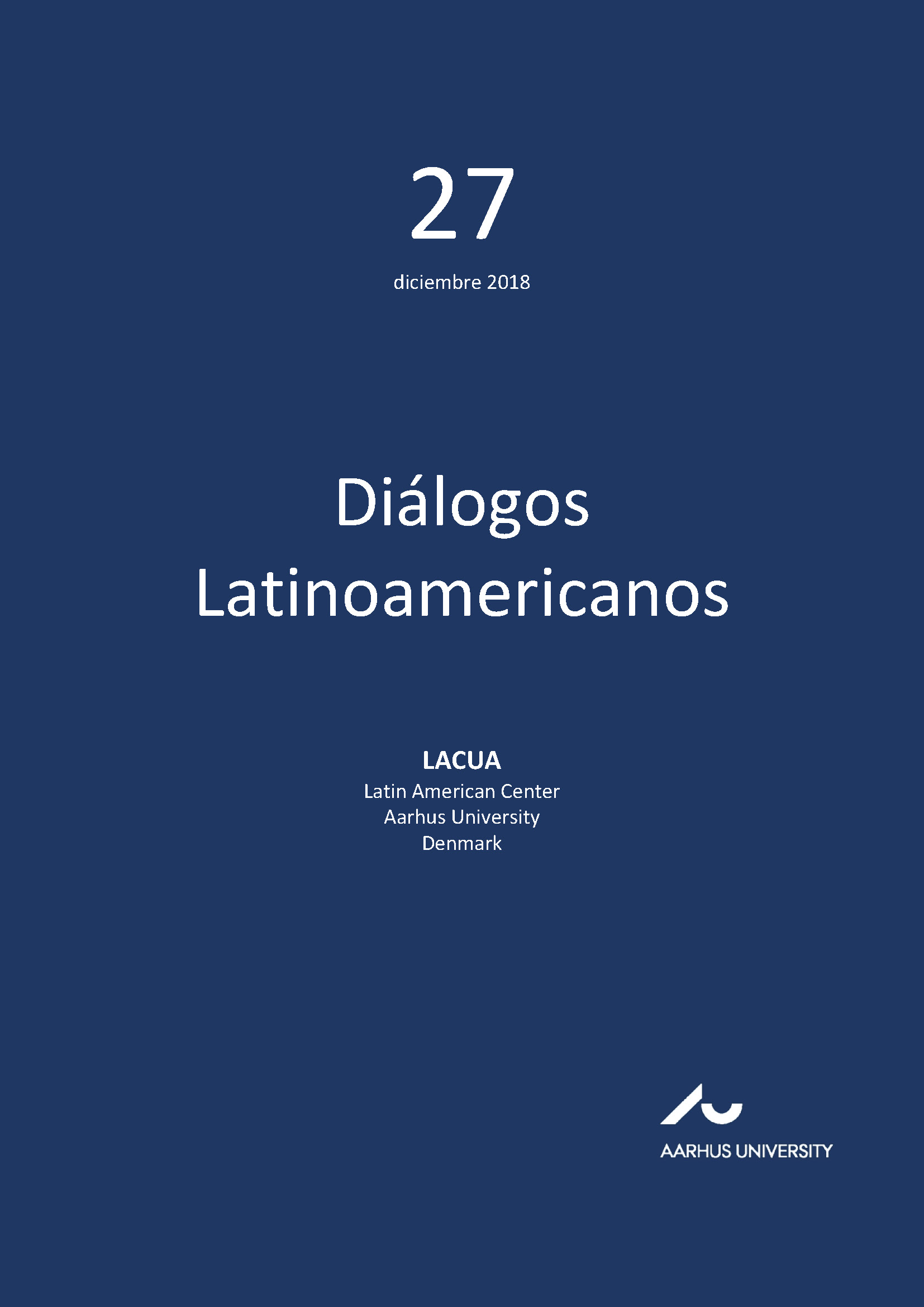Transformative change
resilience and sustainable tourism development for communities
DOI:
https://doi.org/10.7146/dl.v19i27.111649Keywords:
resilience, sustainable tourism development, Global South, community, development, policyAbstract
This article addresses the transformative role that tourism might play in developing economies. The main emphasis is on investment in sustainable community-based tourism as a way to alleviate poverty and improve livelihoods. Communities are representing sustainable and rooted social life while at the same time as a form of social structure, which can foster both social change and secure social coherence. We seek to explore whether the resilience perspective brings something new to discussions about tourism development and community, since earlier discussions have touched on subjects resembling “resilience”. By analyzing resilience in a community perspective, we argue that it might constrain the analytical use of the community concept. It seems to be just another tendency to move towards policy processes that are based on global (agendas) for how to construct resilience. These processes represent a top-down approach, limiting the notion of community rather than unfolding the proximities and distance embedded in community logics.
References
Bec, Alexandra; Dredge, Dianne. 2014. “Harnessing resilience for community development.” In CAUTHE conference 2014: tourism and hospitality in the contemporary world – trends, changes and complexity, edited by Monica P. Chien, 57-70. Brisbane: School of Tourism, The University of Queensland.
Berkes, Fikret; Colding, Johan; Folke, Carl. 2003. “Introduction.” In Navigating social-ecological systems: building resilience for complexity and change, edited by Fikret Berkes, Johan Colding and Carl Folke, 1-30. Cambridge: Cambridge University Press.
Berkes, Fikret; Ross, Helen. 2013. “Community resilience: toward an integrated approach.” Society and Natural Resources 26 (1): 5-20.
Bertalanffy, Ludwig von. 1989. Teoría general de los sistemas: fundamentos, desarrollo, aplicaciones. Mexico City: Fondo de Cultura Económica..
Biggs, Duan. 2011. “Understanding resilience in a vulnerable industry: the case of reef tourism in Australia.” Ecology and Society 16 (1): s.p.
Buikstra, Elizabeth, et al. 2010. “The components of resilience: perceptions of an Australian rural community.” Journal of Community Psychology 38 (8): 975-991.
Chambers, Robert. 2012. Provocations for Development. Rugby: Practical Action Publishing.
Chib, S. N. 1980. “Tourism and Third World.” Third World Quarterly 2 (2): 283-294.
Clausen, Helene Balslev; Andersson, Vibeke; Gyimóthy, Szilvia (eds.). 2014. Global mobilities and tourism development: a community perspective. Aalborg: Aalborg University Press.
Cornwall, Andrea. 2007. “Buzzwords and fuzzwords: deconstructing development discourse.” Development in Practice 17 (4-5): 471-484.
Davidson-Hunt, Iain J.; Berkes, Fikret. 2002. “Nature and society through the lens of resilience: toward a human-in-ecosystem perspective.” In Navigating social-ecological systems: building resilience for complexity and change, edited by Fikret Berkes, Johan Colding and Carl Folke, 53-82. Cambridge: Cambridge University Press.
Dredge, Dianne; Jamal, Tazim. 2013. “Mobilities on the Gold Coast, Australia: implications for destination governance and sustainable tourism.” Journal of Sustainable Tourism 21 (4): 557-579.
Dwiartama, Angga; Rosin, Christopher. 2014. “Exploring agency beyond humans: the compatibility of Actor-Network Theory (ANT) and resilience thinking.” Ecology and Society 19 (3): s.p.
Escobar, Arturo. 1997. Encountering development: the making and unmaking of the Third World. Princeton: Princeton University Press.
Fine, Ben. 2010. Theories of social capital: researchers behaving badly. London: Pluto Press.
Folke, Carl. 2006. “Resilience: the emergence of a perspective for social-ecological systems analysis.” Global Environment Change 16 (3): 253-267.
Gunderson, Lance H.; Holling, C. S. (eds.). 2002. Panarchy: understanding transformations in human and natural systems. Washington D.C.: Island Press.
Hall, C. Michael. 2010. “Crisis events in tourism: subjects of crisis in tourism.” Current Issues in Tourism 13 (5): 401-417.
Hall, C. Michael; Timothy, Dallen J.; Duval, David T. (eds.). 2004. Safety and security in tourism: relationships, management, and marketing. New York: Routledge.
Hamzah, Amram; Hampton, Mark P. 2013. “Resilience and non-linear change in island tourism.” Tourism Geographies 15 (1): 43-67.
Höckert, Emily. 2011: “Community-based tourism in Nicaragua: a socio-cultural perspective.” Matkailututkimus 7 (2): 7-25.
Holling, C.S. 2003. “Foreword: the backloop to sustainability.” In Navigating social-ecological systems: building resilience for complexity and change, edited by Fikret Berkes, Johan Colding and Carl Folke, xv-xxi. Cambridge: Cambridge University Press.
Holling, C.S. 1973. “Resilience and stability of ecological systems.” Annual Review of Ecology and Systematics 4 (1): 1-23.
McLellan, Benjamin, et al. 2012. “Resilience, sustainability and risk management: a focus on energy.” Challenges 3: 153-182.
Mikkelsen, Britha. 2005. Methods for development work and research: a new guide for practitioners. London: Sage.
Parpart, Jane L.; Veltmeyer, Henry. 2004. “The development project in theory and practice: a review of its shifting dynamics.” Canadian Journal of Development Studies 25 (1): 39-59.
Prasad, Neeraj., et al. (2009). Climate resilient cities: a primer on reducing vulnerabilities to disasters. Washington D.C.: The World Bank.
Ritchie, Brent W. 2009. Crisis and disaster management for tourism. Bristol: Channel View.
Santos, Boaventura de Sousa. 2012. “Public sphere and epistemologies of the South.” Africa Development, 37 (1): 43-67.
Simpson, Murray C. 2008. “Community benefit tourism initiatives – a conceptual oxymoron?” Tourism Management 29 (1): 1-18.
United Nations Environment Programme/World Tourism Organization. 2005. Making tourism more sustainable. Paris/Madrid: UNEP/WTO.
Walker, Brian; et al. 2004. “Resilience, adaptability and transformability in social-ecological systems.” Ecology and Society 9 (2): s.p.
World Commission on Environment and Development. 1987. Our Common Future. UN Documents, accessed 18 December 2018, <http://www.un-documents.net/our-common-future.pdf>.
Young, Oran R., et al. 2006. “The globalization of socio-ecological systems: an agenda for scientific research.” Global Environment Change 16 (3): 304-316.
Downloads
Published
How to Cite
Issue
Section
License
Counting from volume 31 (2022), articles published in Diálogos Latinoamericanos are licensed under CC-BY 4.0. Read more about the license terms here https://creativecommons.org/licenses/by/4.0/.
No Creative Commons license applied on volumes 1-30. All rights reserved by the authors. Readers may download, read, and link to the articles, but they cannot republish the articles.
With the publication of volume 31 (2022), authors retain the full copyright to their articles and give Diálogos Latinoamericanos the right to the first publication. Authors also retain copyright to earlier versions of manuscripts, such as the submitted (pre-print) and the accepted manuscript (post-print).
Copyright to articles published in volumes 1-30 is held by the authors.





